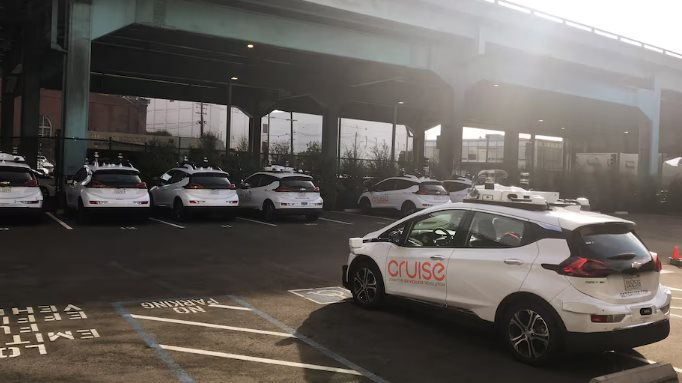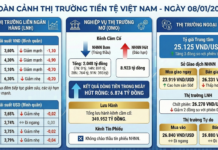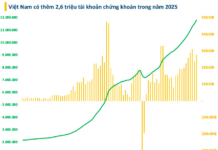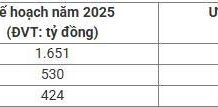
Illustration photo
According to Reuters, the U.S. Department of Commerce is expected to propose a ban on Chinese software in autonomous vehicles in the coming weeks. Specifically, the Biden administration plans to issue a regulation prohibiting Level 3 and above autonomous vehicles in the U.S. from using software developed in China, while also banning the testing of Chinese-made autonomous vehicles on American roads.
In addition, the U.S. also plans to propose a ban on vehicles using advanced wireless communication modules developed in China from American roads. The proposal would require automakers and suppliers to verify that none of their connected vehicles or advanced autonomous vehicle software is developed in China. A Commerce Department spokesperson said the department is concerned about national security risks associated with technology in connected vehicles.
The Chinese Foreign Ministry has previously called on the U.S. to respect the rules of the market economy and the principles of fair competition. They argued that Chinese cars are popular globally because they are technologically innovative.
Level 3 autonomous vehicles, also known as conditionally automated vehicles, are equipped with technologies that allow the driver to comfortably engage in other activities such as watching movies or using their phone while driving, but only under limited conditions.
Back in November 2023, a group of American lawmakers raised concerns about Chinese companies collecting and processing data while testing autonomous vehicles in the U.S. and questioned 10 major companies, including Baidu, Nio, WeRide, Didi Chuxing, Xpeng, Inceptio, Pony.ai, AutoX, Deeproute.ai, and Qcraft. Chinese autonomous vehicle companies have collectively test-driven more than 450,000 miles in California.
In China, at least 16 cities have allowed companies to test autonomous vehicles on public roads, and at least 19 Chinese automakers and suppliers are competing to establish a global leadership position in this field. No other country is taking such aggressive action.
The Chinese government is providing a lot of assistance to companies in this field. In addition to designating test areas for autonomous vehicles in cities, censorship agencies have restricted online discussions about safety incidents and collisions to limit public concerns about this new technology.
The China Association of Automobile Engineers predicts that by 2030, 20% of cars sold in China will be fully driverless, and the remaining 70% will use advanced driver-assistance systems.
According to Reuters





































